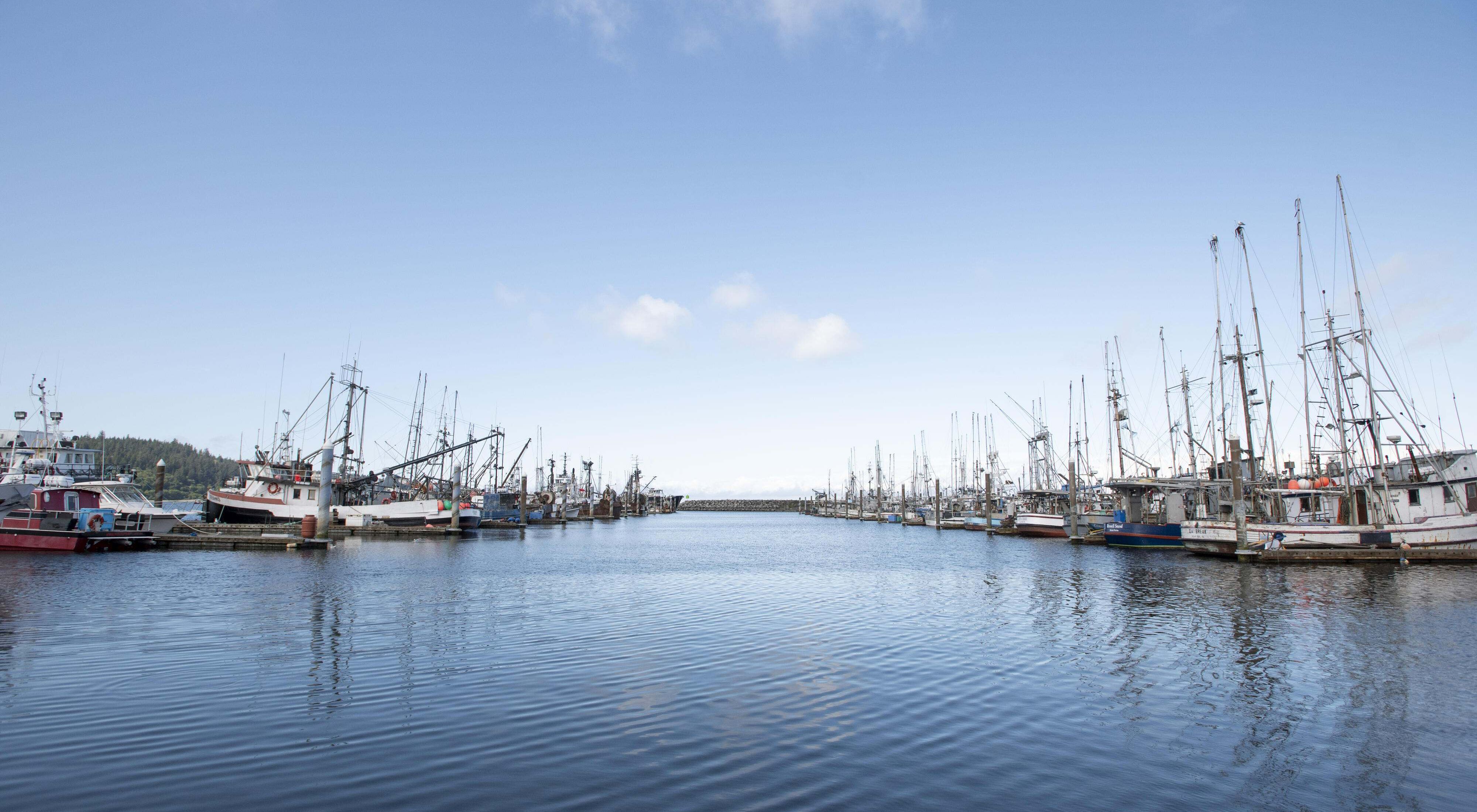New Research: Perceptions of Climate Vulnerability Among Fishing Communities of the U.S. West Coast
Accounting for people’s perceptions of climate vulnerability in adaptation planning.
Media Contacts
-
Emily Heber
Media Relations Manager
The Nature Conservancy in Washington
Phone: (206) 971-4376
Email: emily.heber@tnc.org
Seattle, WA—New research published in PLOS Climate shows that climate change is often not the greatest immediate concern for fishing communities operating along the U.S. West Coast, indicating a need for long-term climate adaptation measures to address near-term concerns of fishing communities to be effective.
Led by Dr. Laura Nelson, the study assessed fishers operating in the California Current along Washington, Oregon and California, about the degree to which they personally felt vulnerable to climate change and the ability of the industry to respond and adapt. It is part of a series of papers spearheaded by Dr. Phillip Levin at The Nature Conservancy and University of Washington, and Dr. Alison Cullen at University of Washington, and funded by Lenfest Ocean Program, which uses an interdisciplinary approach to studying the social and ecological vulnerability of fishing communities along the U.S. West Coast to changing ocean conditions.
The study highlights the critical importance of communication and engagement with fishing communities to understand their perspectives on vulnerability to climate change, a piece often missing from such deliberations. Researchers surveyed 162 respondents working in fisheries across California, Oregon and Washington and found that perceptions of climate vulnerability differed widely based on fundamental beliefs about whether climate change is occurring, and if people who fished on larger vessels felt they had a greater ability to adapt to climate change. In addition to climate impacts, survey respondents named operational costs, regulations and habitat loss as key concerns; factors that if left unaddressed could present barriers to communities embracing longer-term adaptation measures.
“Fishing communities have first-hand, local ecological knowledge, and while their assessment of climate vulnerability may differ from vulnerability as measured by subject experts, it’s a critical piece of the puzzle,” notes lead author, Dr. Laura Nelson. “Understanding their perspectives and these differences is essential for managers hoping to enact climate adaptation strategies that address both long-term impacts of climate change and the most pressing concerns for those on the frontlines of this work.”
Perceptions of climate vulnerability play an important role in behavior and will be a factor in how and to what extent individuals take action to adapt to climate change. As the industry and fisheries management work to support fishers in the future, understanding the concerns of fishers and how they perceive climate risks is essential to inform climate adaptation efforts moving forward. These findings have direct implications for climate communications and policy actions, suggesting these efforts will be more effective if they address both the near-term concerns of fishing communities and improved climate adaptation and resilience.
As part of the research series, this builds on a recent study published in PLOS One, which measured climate vulnerability of these same fishing communities. The researchers developed a framework to assess community vulnerability by quantitively analyzing factors such as species exposure and sensitivity to changes in climate, economic reliance on fishing and community social factors that represent a communities’ ability to adapt to climate change.
Together, these studies provide a holistic understanding of climate vulnerability and adaptation potential for the fishing industry in the California Current. Fisheries managers and regional governing bodies can apply this research to create equitable and effective climate adaptation measures that benefit both people and marine ecosystems.
The Nature Conservancy is a global conservation organization dedicated to conserving the lands and waters on which all life depends. Guided by science, we create innovative, on-the-ground solutions to our world’s toughest challenges so that nature and people can thrive together. We are tackling climate change, conserving lands, waters and oceans at an unprecedented scale, providing food and water sustainably and helping make cities more sustainable. The Nature Conservancy is working to make a lasting difference around the world in 81 countries and territories (40 by direct conservation impact and 41 through partners) through a collaborative approach that engages local communities, governments, the private sector, and other partners. To learn more, visit nature.org or follow @nature_press on X.
